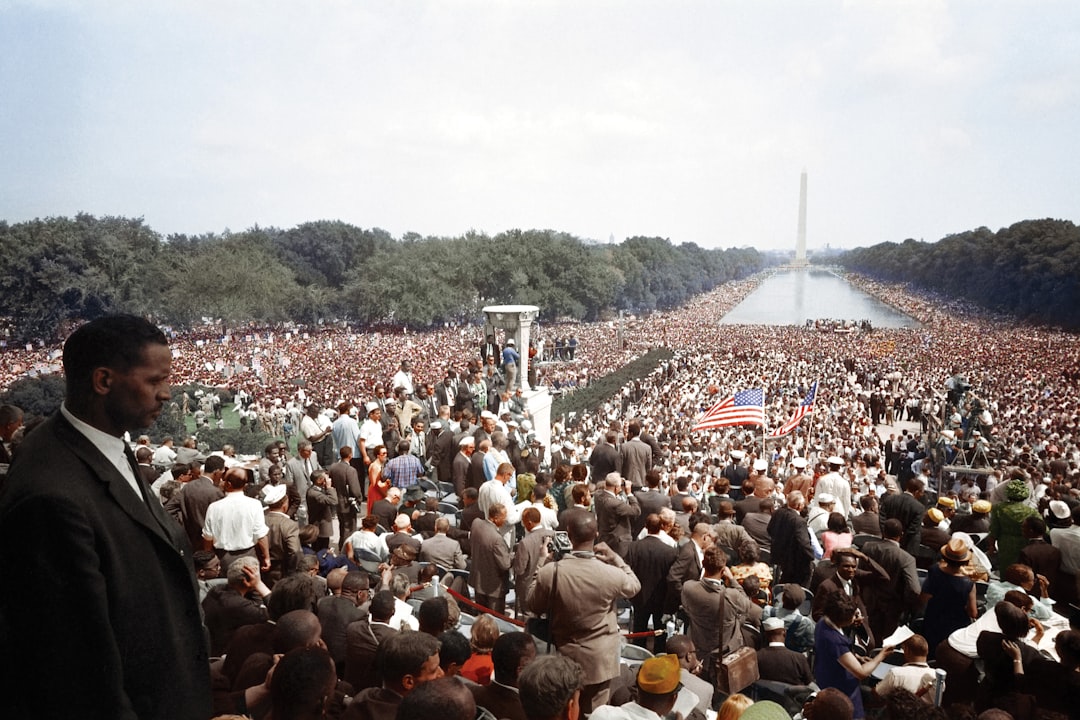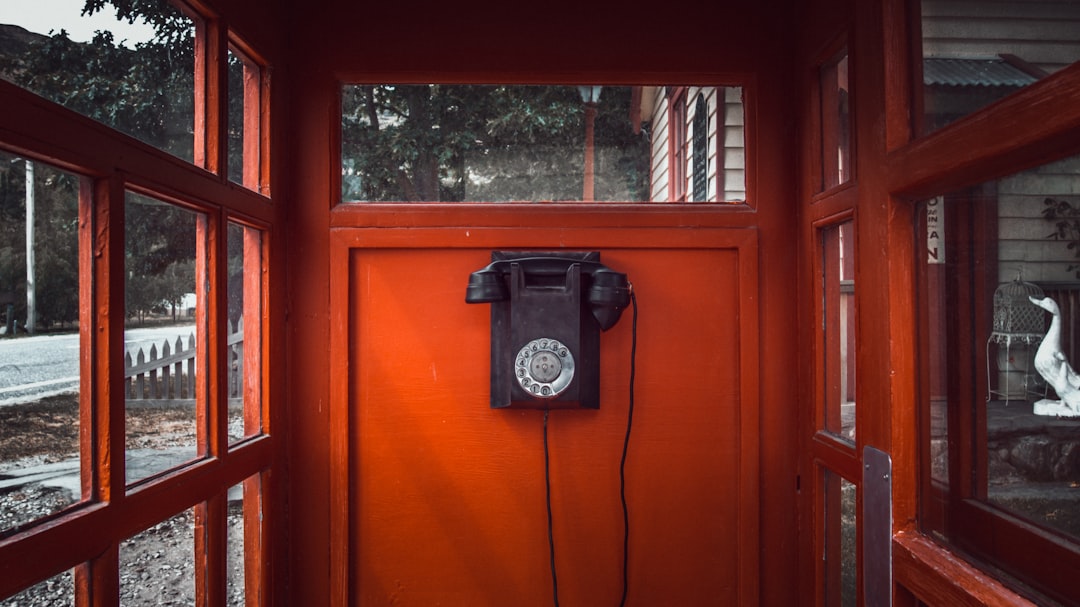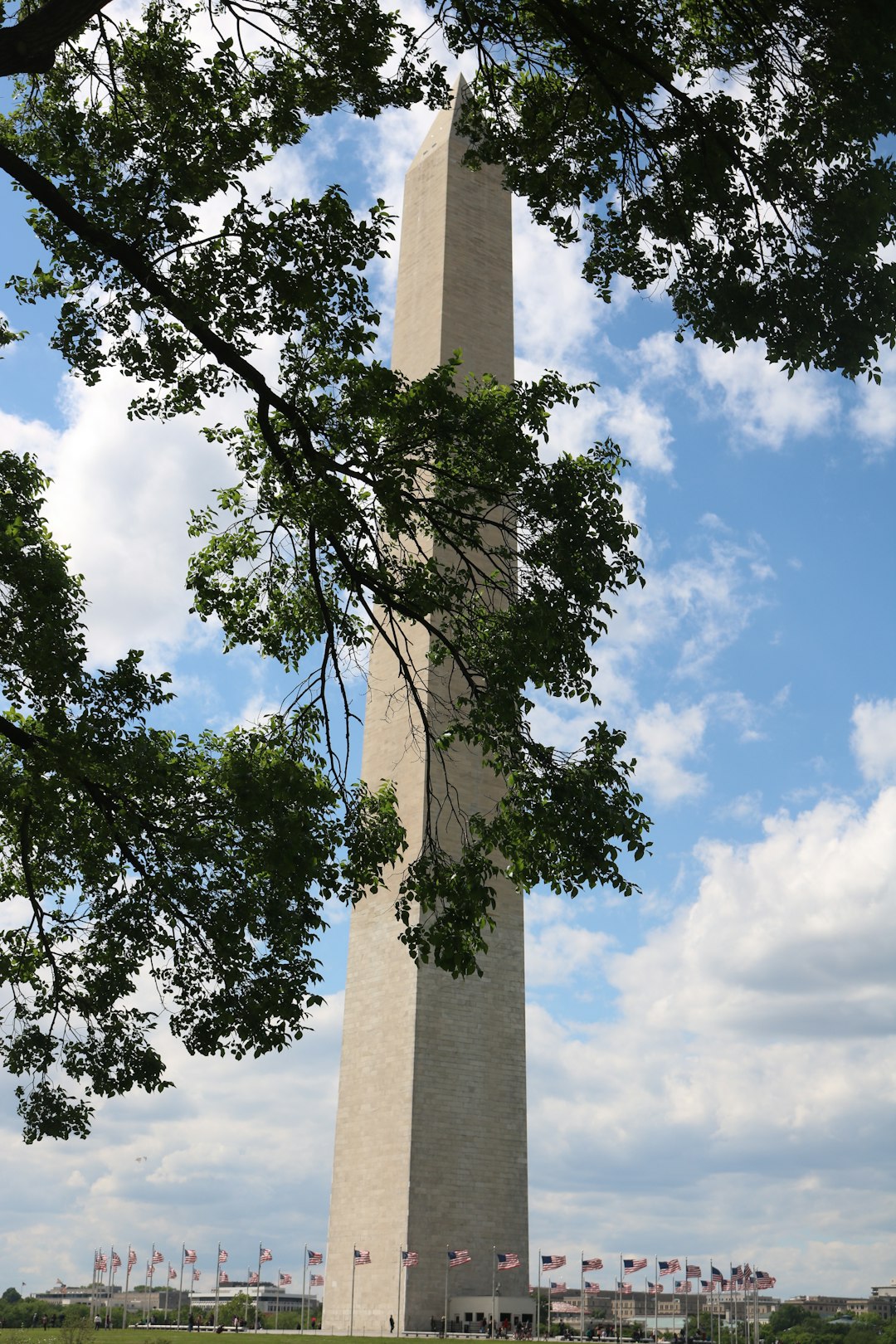Unwanted phone calls from spam call law firms in DC have become a significant privacy issue, with existing laws like TCPA struggling for enforcement. A user-friendly app tailored to combat this problem is needed. The ideal application should offer automated call identification, easy reporting, and community data analysis, while keeping users informed about new spam call regulations. Balancing technology and legal considerations, especially when targeting law firms, is crucial for an effective reporting system aligned with DC's spam call laws.
In the digital age, unwanted phone calls, often disguised as spam, have become a pervasive issue in the District of Columbia. To combat this growing problem, this article explores the development of an innovative app tailored for DC residents. We delve into the intricacies of the spam calling landscape and propose a comprehensive solution to empower citizens to report these practices effectively. By examining key features, legal considerations, and implementation strategies, we aim to enhance consumer protection and reinforce compliance with DC’s spam call laws through technology.
Understanding the Spam Call Problem in DC: A Comprehensive Overview

In the District of Columbia, the issue of unwanted phone calls, particularly from spam call law firms, has become a growing concern among residents. With the proliferation of telemarketing and robocalls, many DC citizens are plagued by incessant calls offering legal services they neither seek nor have consented to receive. This problem extends beyond mere annoyance; it infringes upon personal privacy and can be especially problematic for vulnerable populations, such as the elderly or those with limited access to information.
The DC spam call law firms often employ aggressive marketing tactics, utilizing automated dialing systems and pre-recorded messages to blanket areas with calls. While there are existing laws in place to curb these practices, including the Telephone Consumer Protection Act (TCPA), enforcement remains a challenge. Many victims feel powerless against these persistent calls, leading to a need for an innovative solution—a user-friendly app specifically tailored to combat this issue in DC.
Designing an App to Combat Unwanted Calls: Features and Functionality

In response to the growing issue of unwanted phone calls, especially those from law firms seeking settlements, a well-designed app can empower residents in the District of Columbia to fight back. The application should prioritize user simplicity and effectiveness, allowing individuals to easily report spam calls with just a few taps. A key feature could be an automated call identification system that detects and categorizes incoming calls as potential spam based on patterns and known sources. Users should also have the option to quickly record and share call details, including timestamps, caller information, and call content, which can serve as evidence for further action under the district’s spam call law firms DC regulations.
Additionally, the app could offer a community-driven reporting system where users can flag suspicious calls and leave comments or reviews about specific numbers or law firms. This collective data can help identify recurring offenders and provide insights to improve enforcement efforts. A notification system that alerts users about new laws and updates related to spam calls would further enhance the app’s utility, ensuring residents stay informed and equipped to protect their privacy.
Implementation and Legal Considerations for a Successful Reporting System

Implementing a successful reporting system for unwanted phone calls in the District of Columbia requires careful consideration of both technological and legal aspects. The first step is to develop an intuitive user interface within the app, allowing residents to easily report spam calls with minimal effort. This should include features like call logging, automatic number recognition (ANR) to identify and categorize calls, and a straightforward reporting mechanism. Users must also be assured that their data privacy is protected, especially given the sensitive nature of phone records.
Legally, the app’s functionality should align with the DC spam call laws and regulations. This involves ensuring compliance with do-not-call lists, providing users with options to opt-out, and implementing robust mechanisms to verify reported calls. Engaging legal experts specializing in telecommunications and consumer protection is crucial for navigating these complexities, especially when dealing with potential issues related to data storage, user consent, and liability. Such expertise will help create a robust framework that protects users’ rights while effectively combating unwanted phone calling practices, particularly targeting law firms engaging in spam calls.






